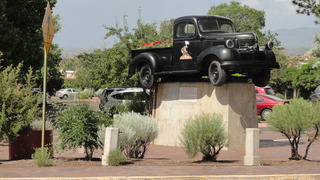 | Sometimes a heavy thing can seem much lighter if you accept what is, instead of arguing with the air about what you think SHOULD have been. Be a light thing. Rise up. |
photo by Sandra Dodd
 | Sometimes a heavy thing can seem much lighter if you accept what is, instead of arguing with the air about what you think SHOULD have been. Be a light thing. Rise up. |

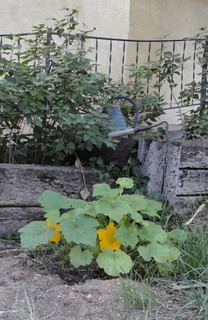 | Be careful. Be sweet. |

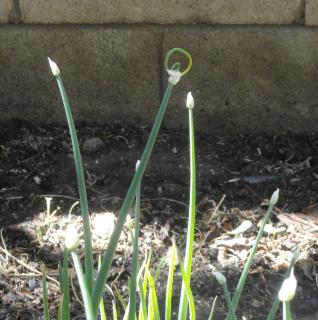
 |
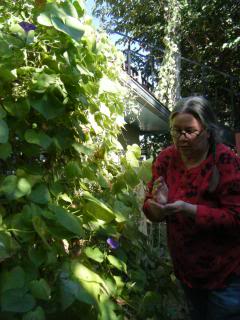
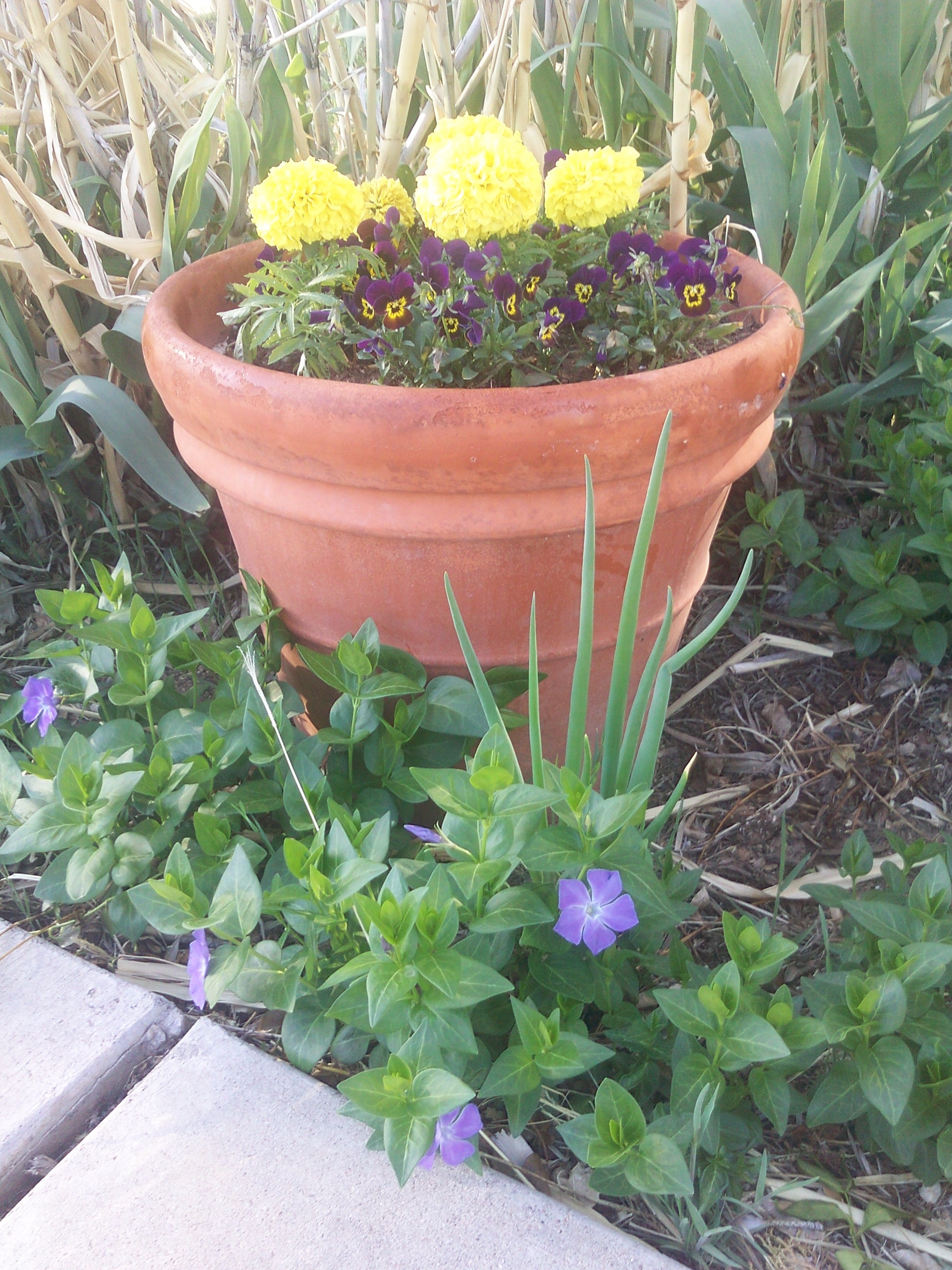
I even garden differently than I used to. I certainly didn't expect that. I have let trees grow their own way without frustration on my part, and appealed to my husband not to prune so much. I have found things for vines to grow on that aren't fancy or store-bought. The vines are going to cover it up anyway. I've let native plants go ahead and grow, if they don't have stickers. Some of them are really pretty, and they want to grow there. If I destroy them and put in some foreign plants, will the neighbors be impressed?
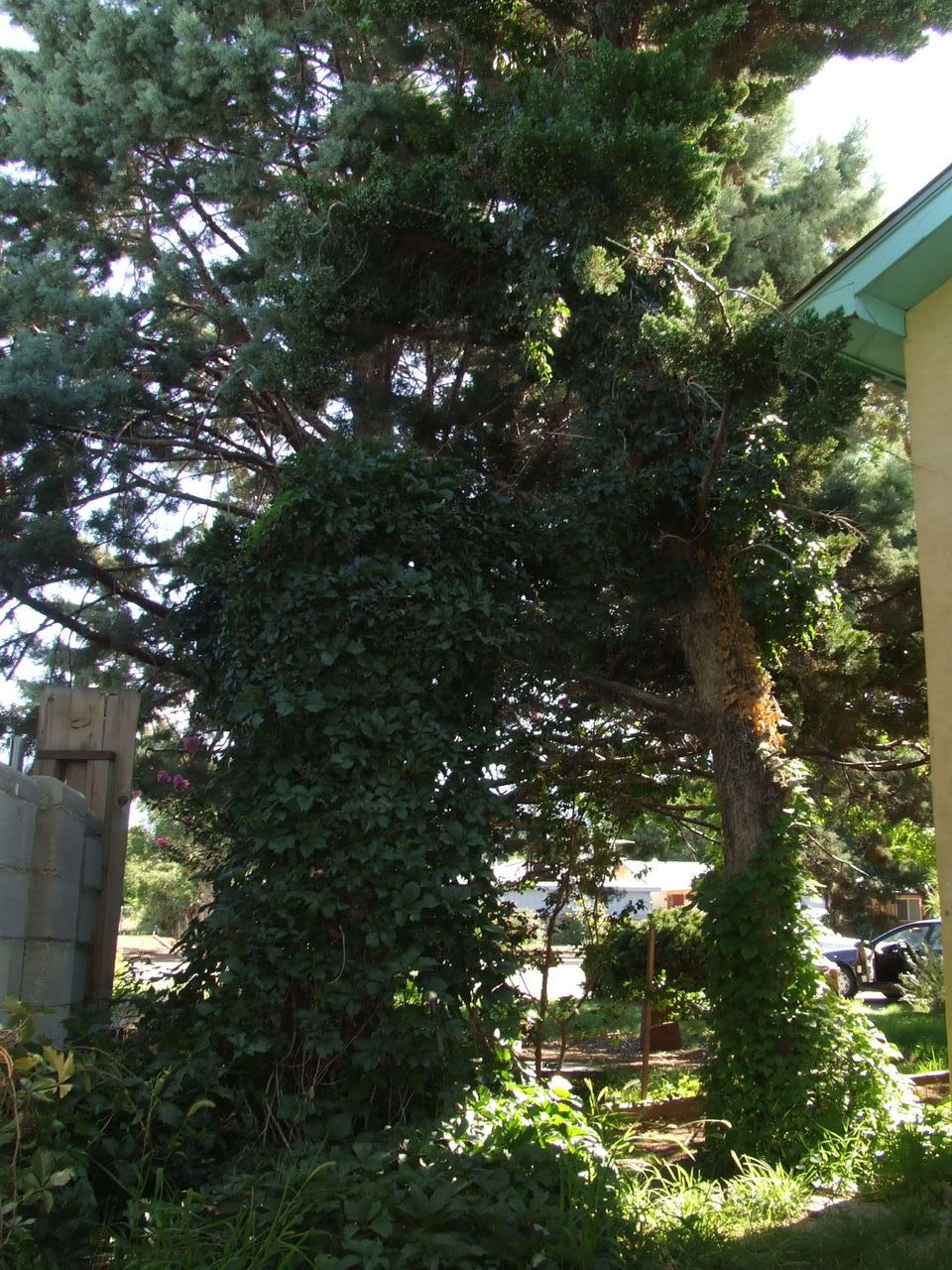
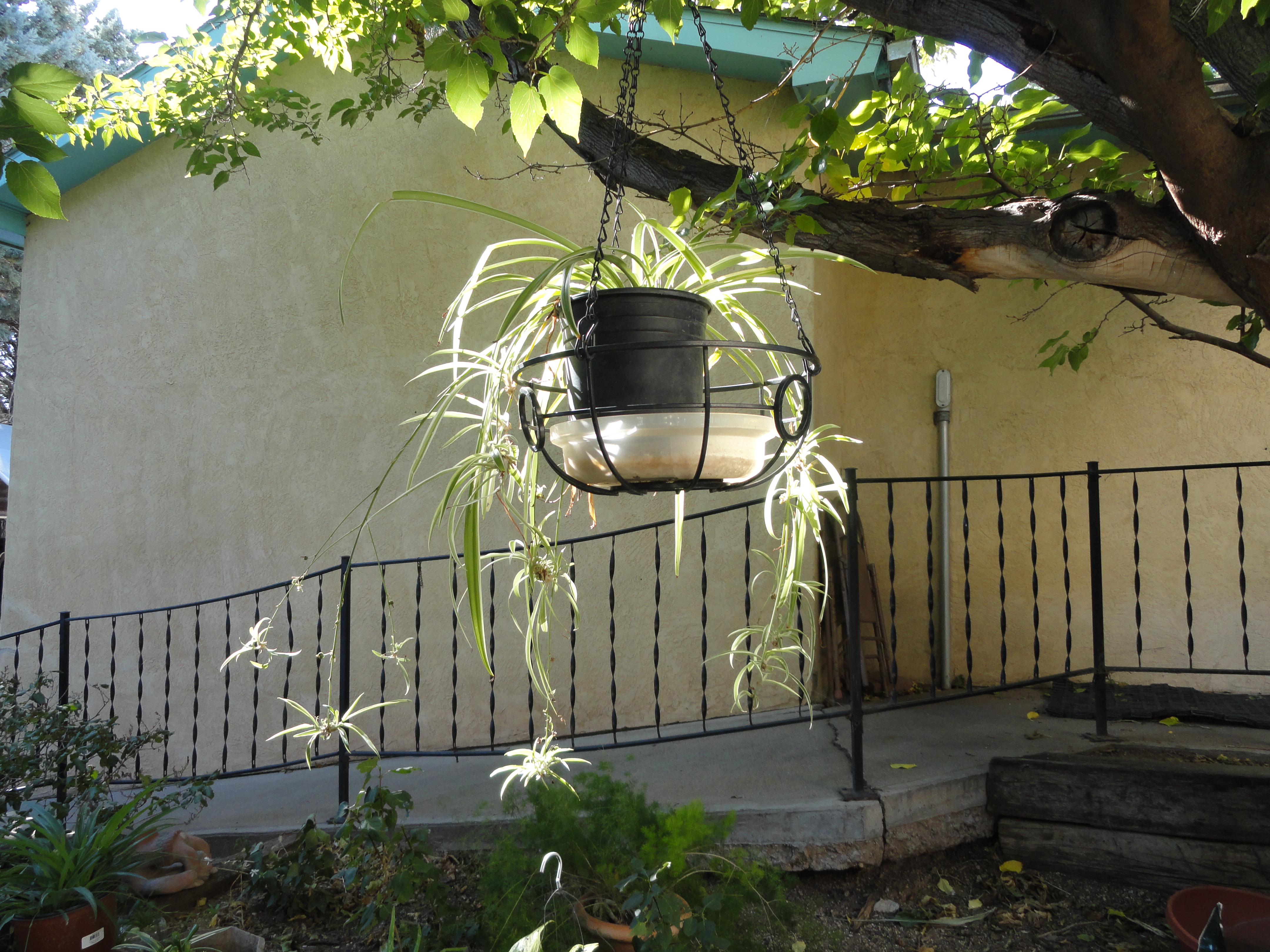
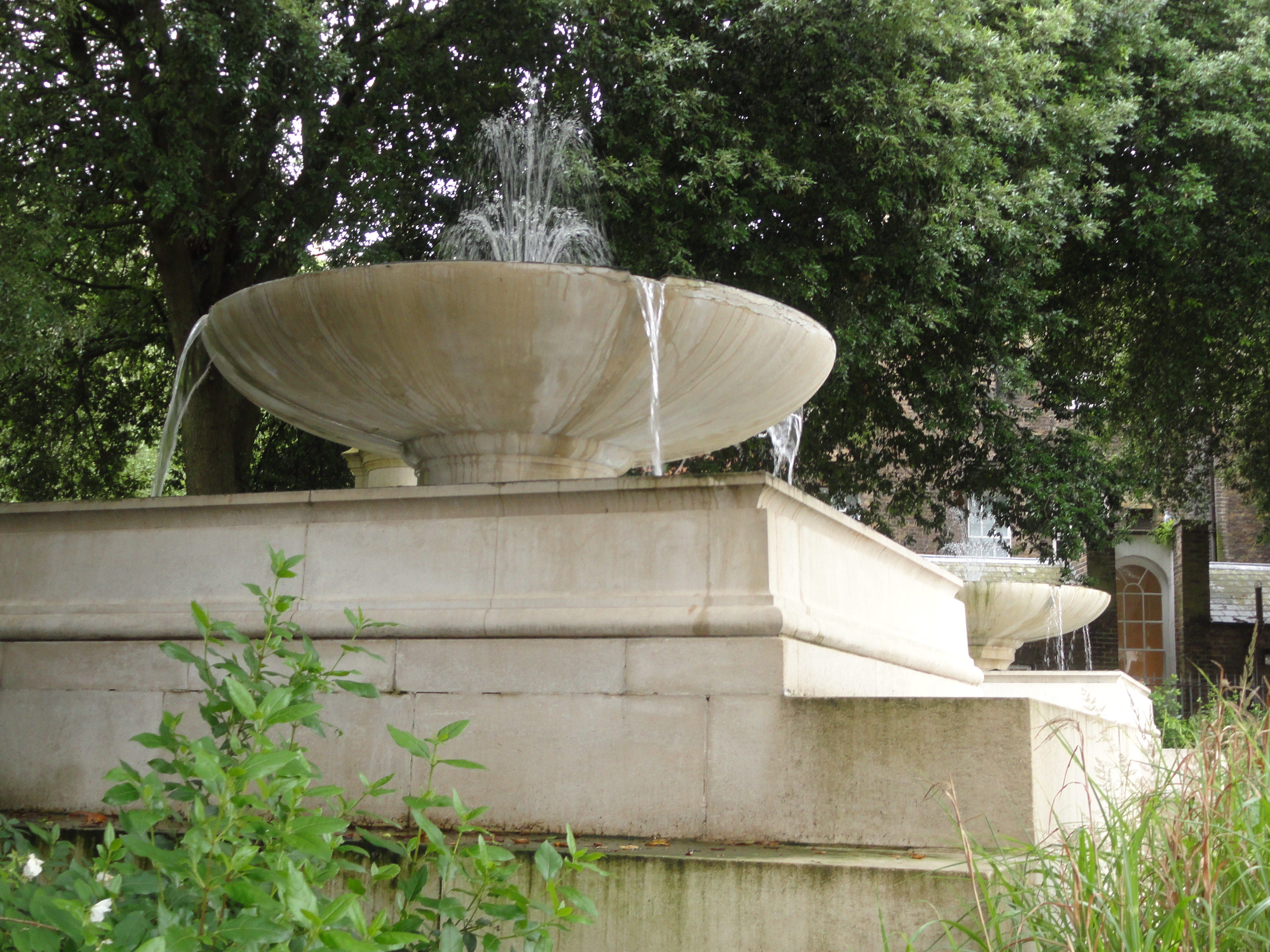
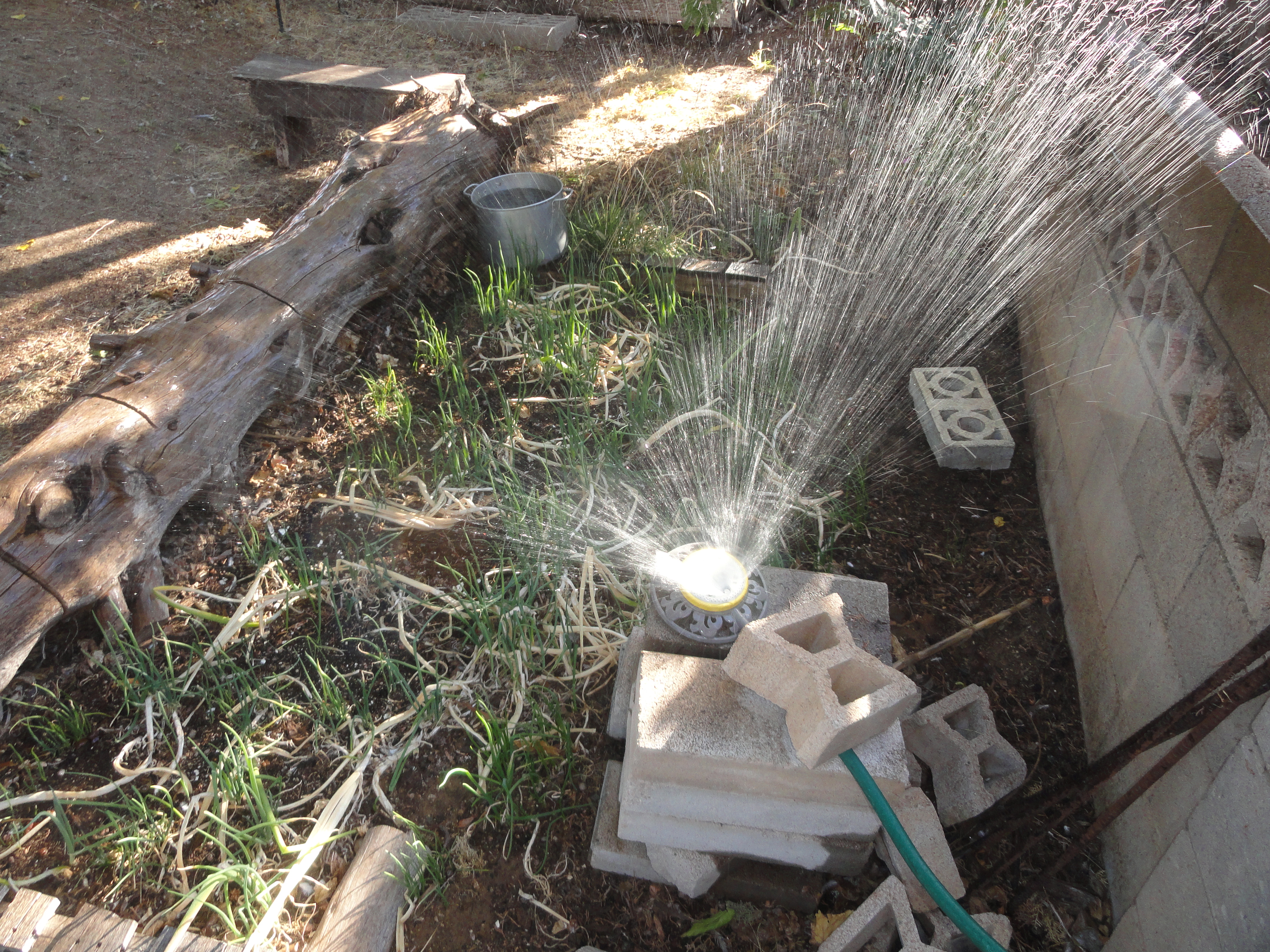
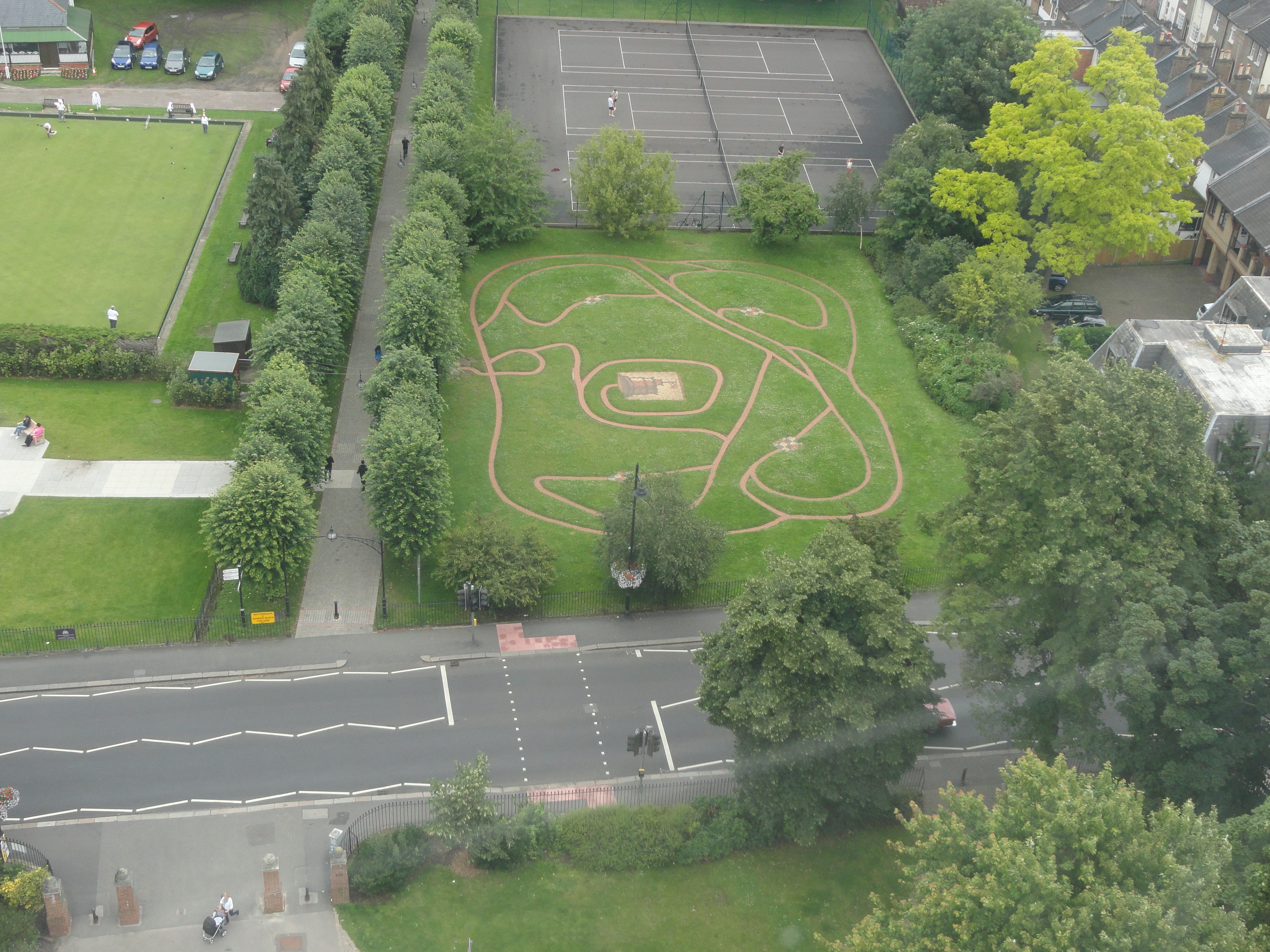
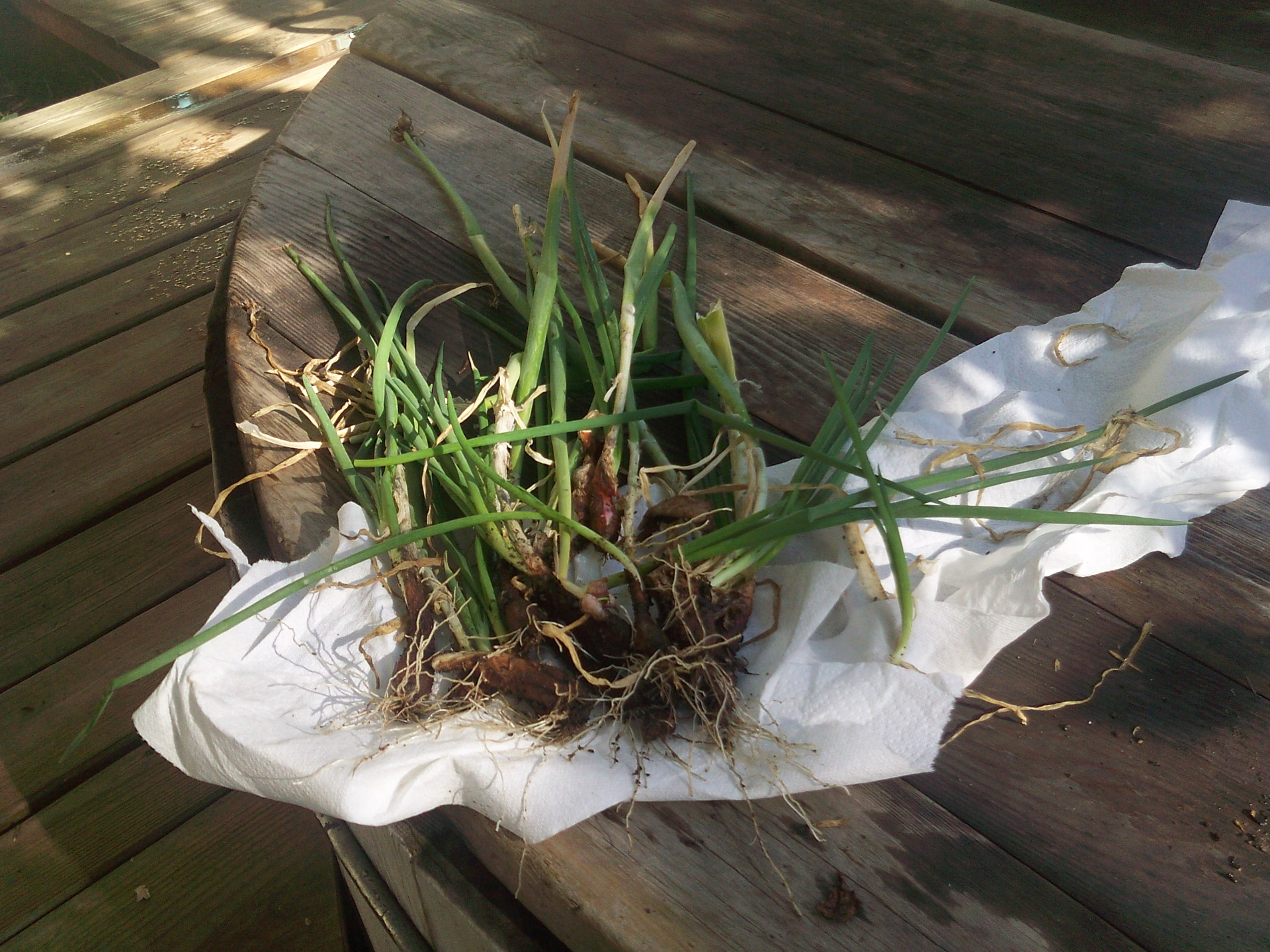
Don't let your goal be so small that the rest of the universe is to be avoided.